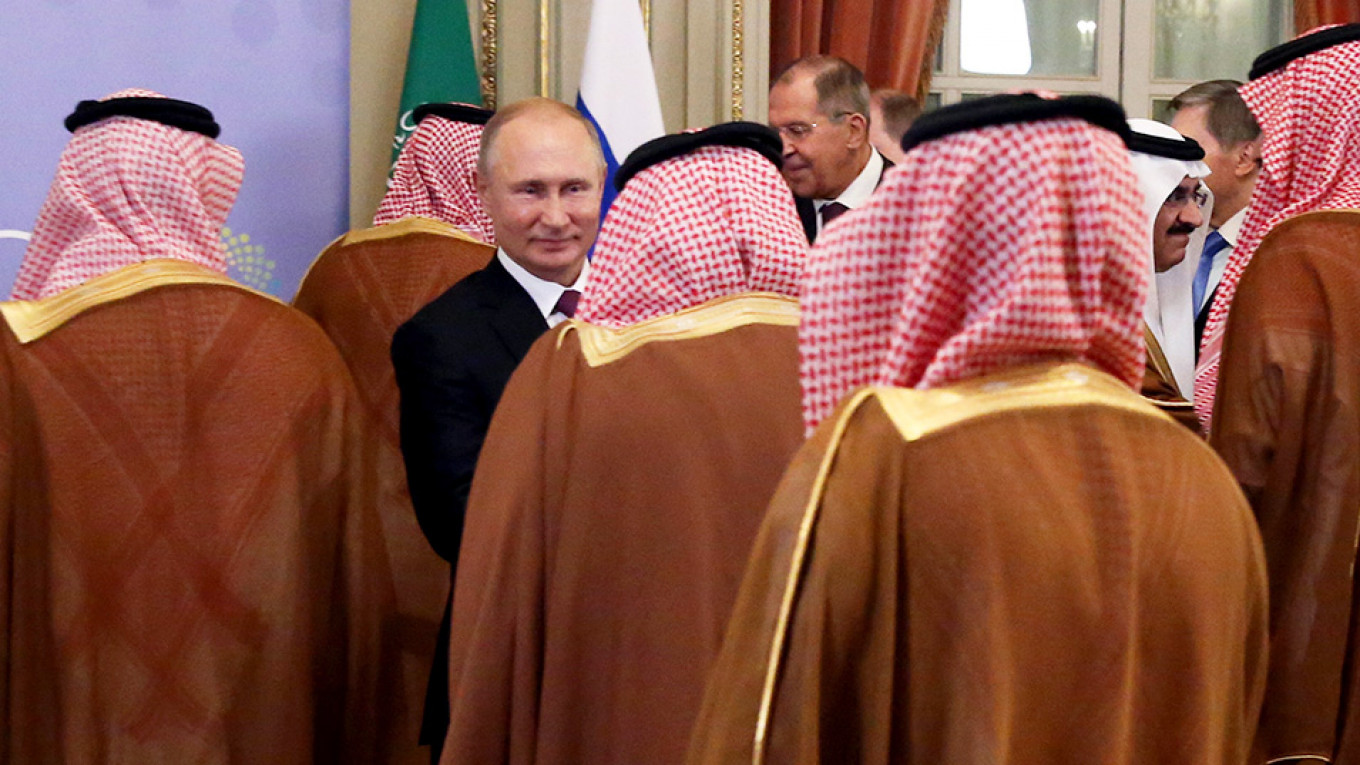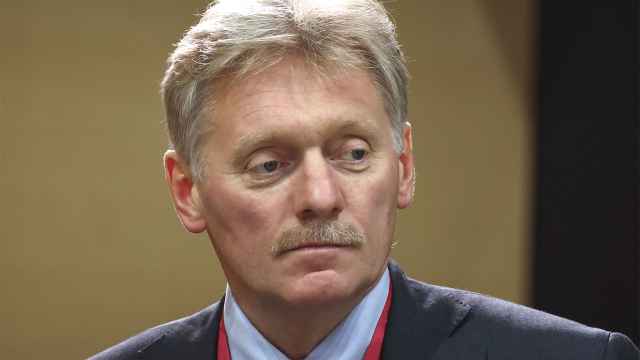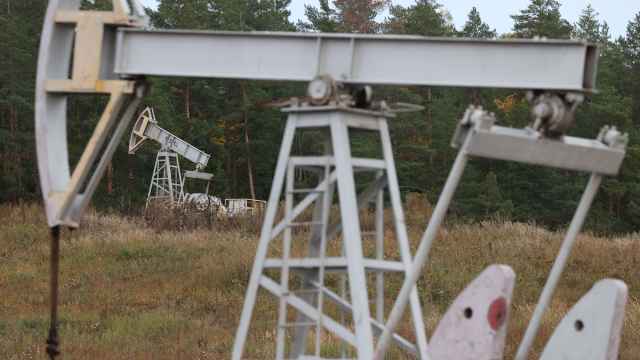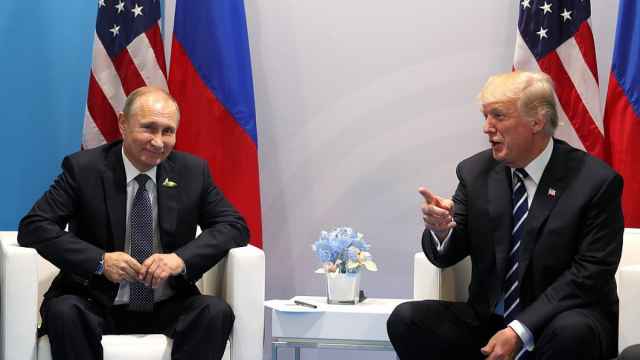When the courtship between Russia and Saudi Arabia and its Gulf allies began more than four years ago, the prospect of billions in new investment for the region was a big selling point for the Kremlin.
Now, as the two big oil producers mull whether to extend the centerpiece of their rapprochement — the deal to cut production that’s helped shore up crude prices around the world — the investment flood looks a lot smaller than promised. But for capital-starved Russia, it may still be enough.
“There is a certain frustration on the Russian side,” said Alexey Potemkin, the chief executive officer of Moscow Policy Group, a consultancy group that advises on Russia-Gulf business projects. In particular, he said the Saudis were stalling on some deals and “this raises questions among decision-makers about the seriousness of Russia’s Gulf counterparts with regard to investments.”
Saudi Arabia and its Gulf neighbors seem to be getting the message. They’re expected to invest a total of $5 billion in Russia this year — in projects from a space launch site to toll roads in the Moscow region. That’s more than any single year since Saudi Crown Prince Mohammed Bin Salman, often called MBS, met Russian President Vladimir Putin back in 2015 and promised $10 billion in investment to help cement their newfound friendship. The kingdom has delivered about a quarter of that so far, according to Russian statistics.
Though Russia has reaped plenty of other economic benefits from higher oil prices and geopolitical dividends from cozying up to the Gulf, perceptions of the investment payoff are likely to be a factor in Russia’s thinking about whether to extend the production cuts deal at a meeting in early July.
MBS, and his Abu Dhabi counterpart Sheikh Mohammed bin Zayed or MBZ, have been slowly diversifying overseas assets away from their vast U.S. holdings as they become wary of the unpredictability of President Donald Trump’s policy in the region.
“It is clear that MBZ and MBS enjoy a good rapport with Putin and that they are very keen on cementing the OPEC+ relationship for the longer term and beyond the purely commercial realm,” said Steffen Hertog, an associate professor at the London School of Economics. “There has been a general trend to diversify Saudi and Emirati overseas assets away from the U.S.”
Saudi officials have indicated they’re optimistic that the Kremlin will ultimately go along. But Putin has been less categorical in public, noting early this month that Russia doesn’t need such a high price as Saudi Arabia does, and the head of his state oil company openly suggested prolonging the deal would be a mistake.
The kingdom’s budget deficit is projected to be around 6 percent of gross domestic product in the next few years, compared with a surplus in Russia. That's only going to get worse with oil prices where they are. Russia saves oil revenue above $40 a barrel whereas Saudi Arabia needs oil at $85 to balance its budget.
“Saudis are more politically savvy than they used to be, and it wouldn’t be surprising to see more deals coming through,” at the moment they’re trying to keep Russia on board with the oil deal, said Mohammed Al-Suwayed, a Riyadh investment consultant and former Transport Ministry official.
For Russia, the Gulf funds so far haven’t been nearly enough to offset the plunge in foreign capital coming in from Western countries amid sanctions.
Overall foreign direct investment in Russia fell to a 10-year low of $8.8 billion in 2018, according to central bank data. Gulf countries weren’t even among the top 10 investors in Russia in 2018, although some of their projects are funded through vehicles in other countries, making it harder to trace. Most of the deals so far have been relatively small and outside the strategic energy sector.
“Gulf sovereign wealth funds are not political charities. They invest because they believe they will make an acceptable return over the long run,” said Chris Weafer, a senior partner at Macro Advisory Ltd. in Moscow, who worked as a senior investment manager at the Abu Dhabi Investment Authority in the 1990s.
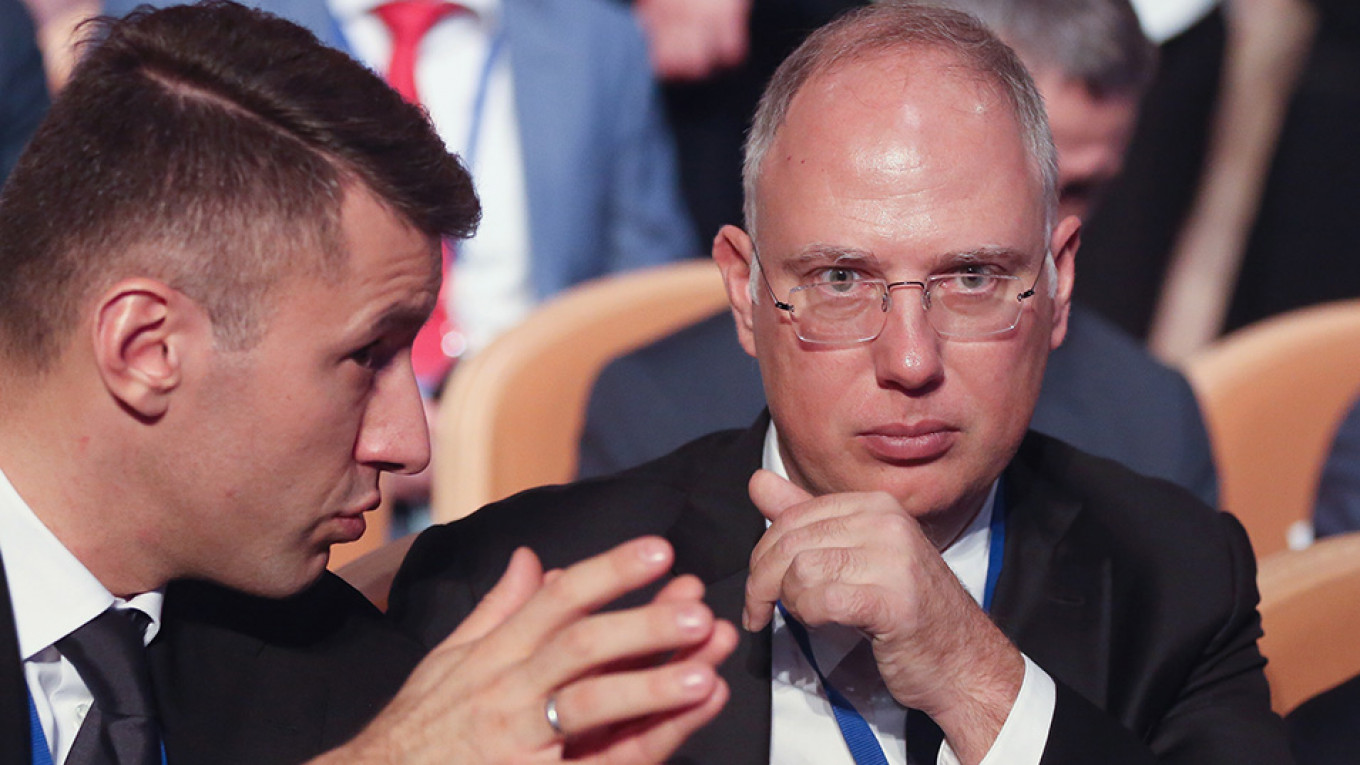
For Kirill Dmitriev, the Kremlin’s point man on ties with the Gulf and the head of the wealth fund that’s been the main conduit for deals, the best is yet to come. The fund, the Russian Direct Investment Fund, forecasts $5 billion in investment this year but won’t give details.
“We’re very satisfied with how the relationship with Arab investors is going,” Dmitriev said. “We’re interesting for them because we offer high returns on invested capital. Talks with Chinese investors always go a bit slower.”
Dmitriev had a cameo in Special Counsel Robert Mueller’s report on Russian meddling in the 2016 U.S. election as the man Putin put “in charge of both the financial and the political relationship between Russia and the Gulf states.” Through a spokesman, Dmitriev declined to comment.
In addition to the money coming from Saudi Arabia, Mubadala Investment Co., the Abu Dhabi sovereign fund, late last year opened a Moscow office — only its second in an emerging market after Brazil. Deals so far range from a stake in the St. Petersburg Pulkovo Airport to a share in a fitness chain. Percentage returns have been in the double digits in dollars, according to the fund.
While the $1.4 billion Mubadala has put into Russia over the last six years is a big jump from the total absence of deals that preceded it, the flow is still just a trickle for the $225 billion wealth fund, which has most of its money in developed markets.
For Russia, even relatively modest new inflows are welcome. A pivot toward China, Russia’s biggest trading partner, has failed despite Putin’s deepening friendship with Xi Jinping. Investment flows from China fell in the last two years, according to Russian central bank data.
China, more than the Gulf, has hesitated at least in part due to the stigma of western sanctions and the fact that it relies on the U.S. for so many of its exports, according to Valery Solovei, a Moscow-based political scientist.
“Arab monarchies export oil, and import high-tech products, so, unlike China, they are not that worried about the U.S. sanctions,” Solovei said.
A Message from The Moscow Times:
Dear readers,
We are facing unprecedented challenges. Russia's Prosecutor General's Office has designated The Moscow Times as an "undesirable" organization, criminalizing our work and putting our staff at risk of prosecution. This follows our earlier unjust labeling as a "foreign agent."
These actions are direct attempts to silence independent journalism in Russia. The authorities claim our work "discredits the decisions of the Russian leadership." We see things differently: we strive to provide accurate, unbiased reporting on Russia.
We, the journalists of The Moscow Times, refuse to be silenced. But to continue our work, we need your help.
Your support, no matter how small, makes a world of difference. If you can, please support us monthly starting from just $2. It's quick to set up, and every contribution makes a significant impact.
By supporting The Moscow Times, you're defending open, independent journalism in the face of repression. Thank you for standing with us.
Remind me later.


